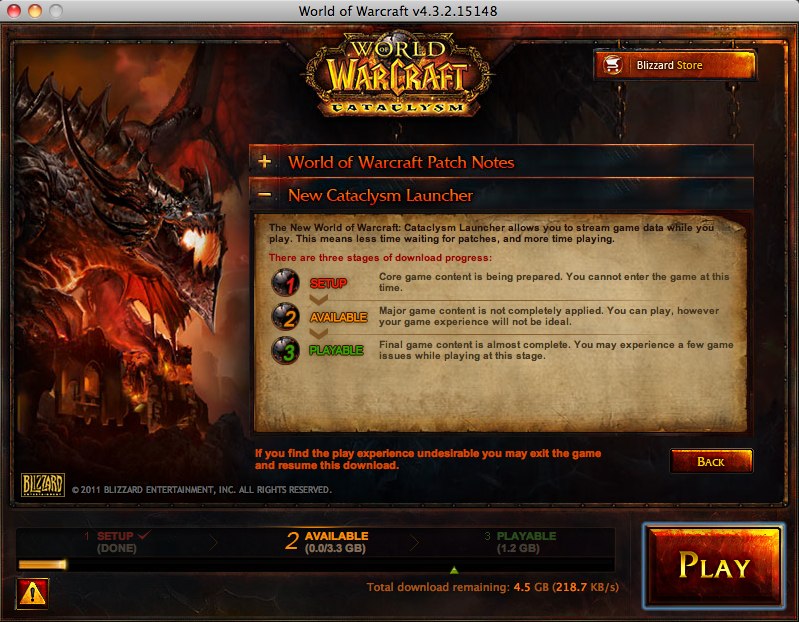I was also considering software R&D in that claim. I omitted that though, as I thought it was self implicit, so I can see the confusion. That is something you aren't considering with the gross profit comparison. From what I've read, software R&D usually exceeds hardware R&D over the generation by 2-3 times. It is also increasing at a faster rate with each generation, while - at least for Nintendo - hardware R&D has remained pretty consistent, as they've produced pretty standard hardware based on their previous hardware for the last three generations.
So if Nintendo's spends $200,000,000 on hardware and software in a year each, and they net a revenue of 4 billion in hardware and 2 billion in software, then their operating income for software (alone) is less than that 70% gross profit.
(2,000,000,000 *.75 - 200,000)/2,000,000,000 = 65% operating income for software. That is assuming they spend the same amount on hardware and software R&D. In the midddle of a generation there will be vastly times more software R&D costs than hardware R&D costs (between consoles.)
I also think you're underestimating hardware gross profit. That is why I read your post as operating income for some reason. I thought it was silly to believe that Nintendo only made 5% per console at most per Wii, GC, DS, or GBA. The Wii U probably makes 5% per console now, and that is Nintendo's only console that started out losing money per console. All other consoles had profits per unit from the start, and that would increase and decrease in some distorted parabolic function, most likely.
When the Wii first released there was a report that it made $6 per console. Which is about 2.5% gross margin. However, the Wii's costs likely decreased immensely with time and that percentage increased with it. Then the price dropped, and that percentage decreases again. I'm sure there were points in the generation where Nintendo was making a $40 profit per Wii, if not more. Which would be about 16% gross margin for a Wii priced at $250 (profit per wii/revenue.) 5% just seems way too low for any Nintendo console that isn't the Wii U, and only just about right for the Wii U, which we can't use as our sole data point.
Anyway, I already mentioned higher userbase as an opportunity cost. However, here are many opportunity costs Nintendo will have to forgive if they don't produce their own console.
- 100% gross profit on online software sales, which is about 10% of total software sales.
Let's say Mario Kart sells 10 million on Wii U or 15 million on PS4 + XBONE. Now 1 million of those Wii U sales were online. Nintendo gets $60 * 1 million + .7*60*9 million = 438 million profit on Wii U. On PS4 + Xbone, let's say Nintendo also has to pay Sony/MS platform royalties of 10%. So then Nintendo makes $54*1.5 million + .7*$54*13.5 million = $591.3 million. Yeah, that is a nice bonus of $153 million. But then it gets chipped away if we consider that development costs will be vastly more expensive on PS4/Xbone than on Wii U. And what if Nintendo can increase the online sales of their games? That will decrease the profit gap even more.
- Saturation of fan-base on one platform. Mario Kart Wii might sell more multiplat, but who is to say that Zelda or Metroid will? The Wii Zelda games didn't outsell the N64 OoT. Nintendo has the advantage of knowing these games will always sell so much, because fans of their other games are also fans of these games. This is important for investors who are very conservative and like low risk-taking endeavors.
- Development costs for one platform, and optimization for only one platform. No need to increase costs to accomodate multiple platforms. No need to have larger development teams. Small 1st party teams like Retro and Monilith Soft will suffer in a multi-platform environment. A whole group of employees will have to be dedicated to porting games.
- High game prices for first-party games. As it is now - Wii games from seven years ago still go for $50 new, and they still have legs at that price.
- Lesser competition for game sales. This is a good thing for Nintendo, albeit a bad thing for the consumer. This ties in with the last point, less competition => price-controls.
- Peripherial sales. Amiibo might work, but I have doubts games like the Wii brand can be recreated, and they were huge profit-makers for Nintendo.















































